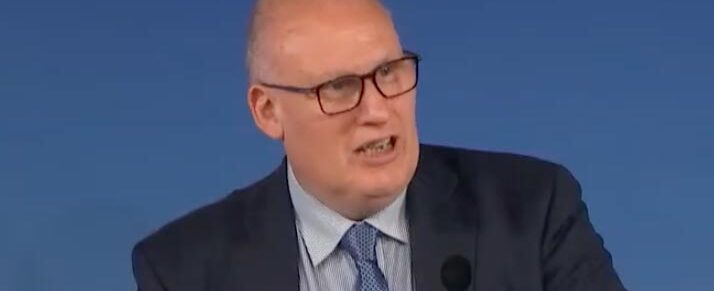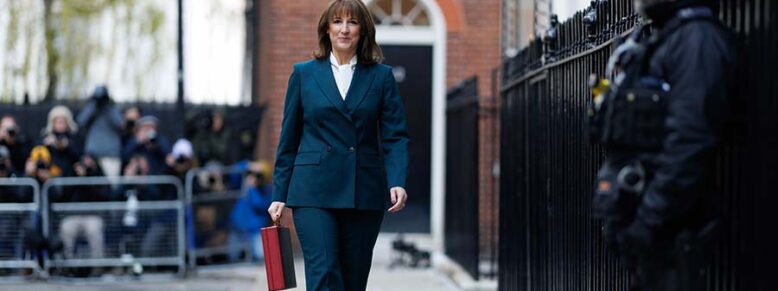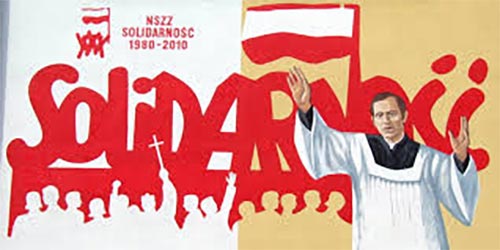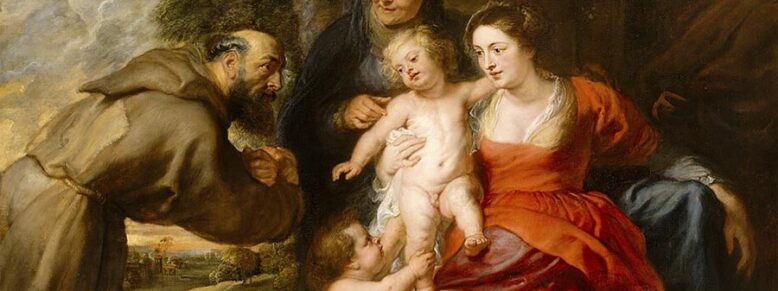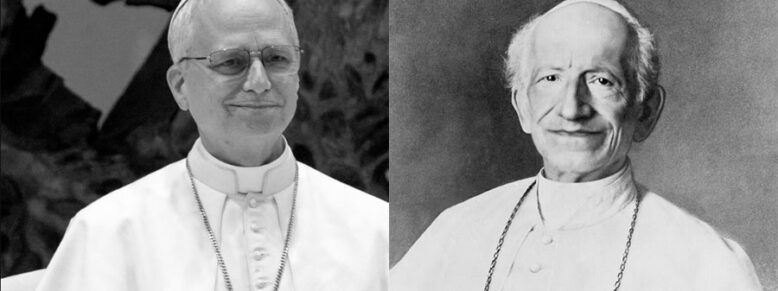Richard was the founding director of the Centre for Enterprise, Markets and Ethics. He was a visiting professor in the Business School at St. Mary’s University. He made a number of contributions to the life of St. Mary’s, including organising high profile events involving academics, business leaders and policy thinkers. He also guest lectured on the MA in Catholic Social Teaching.
Read more >>Professor Richard Turnbull – a short tribute
